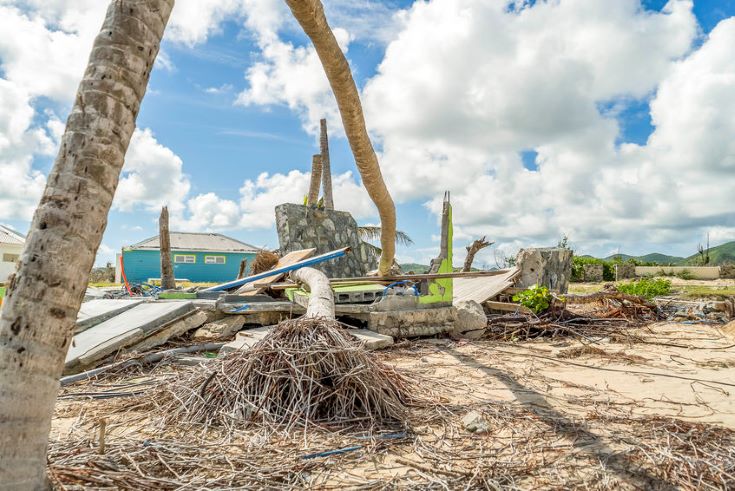International post-disaster recoveries
New research organised by the RAND Corporation reveals key findings and lessons for Puerto Rico on supply chain management and recovery governance.

As Puerto Rico recovers from Hurricanes Irma and Maria, effective supply chain management and recovery governance will be vitally important to a successful outcome. Image: epicastronomical/123rf
The US Homeland Security Operational Analysis Center (HSOAC) team conducted field research in Puerto Rico to gain local perspectives on the biggest challenges facing the island.
The team then assessed recovery challenges that four disaster-affected island countries – Haiti, Japan, New Zealand, and the Philippines – faced over the past decade, as well as drawing insights from other relevant cases featured in scholarly disaster management and public policy literature.
Against the backdrop of Puerto Rico's potential challenges, the HSOAC team assessed how similar issues were addressed in these other cases and what lessons – both positive and cautionary – emerged. The authors conclude by highlighting several overarching best practices that are widely used internationally, which Puerto Rico's authorities may wish to consider in restoring lives and livelihoods, while also improving resilience to future disasters.
In the near term, these recommended practices would include generating support for local involvement in recovery efforts; broadening private-sector investments in workforce development; crafting a comprehensive communications strategy; and adopting new tools for planning, monitoring, and evaluating projects and other initiatives.
Over the longer term, two key recommendations are to expand public-private partnerships focusing on disaster management, while also establishing a dedicated disaster recovery authority, given Puerto Rico's location in a disaster-prone region.
Among the findings from the report, the following are of key importance:
Supply chain dynamics are of paramount importance in managing critical recovery resources;
Weaknesses in supply chain planning, including projecting demand for materials and labour and prioritising projects, create delays that hinder recovery and lead to sourcing and delivery bottlenecks;
Workforce shortages occur at all skill levels, especially in the construction domain. Importing workers can put pressure on housing markets and drive up costs; and
Project managers have limited visibility into supply chain flows, often focusing on specific sectors rather than cross-sector views.
Recovery governance
Recovery governance is necessary for project management and stakeholder engagement. Establishing a permanent recovery authority can provide communities with an incentive and point of contact in undertaking preparatory activities, while implementing a robust methodology for assessing, monitoring and evaluating progress based on outcomes can enhance recovery.
However, inadequate property ownership and land tenure records can lead to disputes that may be difficult to resolve, and regulatory reforms may take years to implement. In addition, community resettlements can cause significant distress, as well as frictions in communities that are unprepared to received displaced residents.
Acting quickly upon the preferences of community members may not be easy owing to recovery strategy, government regulations, or technical barriers. Therefore, two-way communication and transparency in accounting for funding flows are important issues in the recovery effort.
Full details of the findings and recommendations can be viewed here
International Postdisaster Recoveries: Lessons for Puerto Rico on Supply-Chain Management and Recovery Governance, Moroney, Jennifer D P, James A Schear, Joie D Acosta, Chandra Garber, Sarah Heintz, Jeffrey W Hornung, Yun Kang, Samantha McBirney, Richard E Neiman, Jr, Stephanie Pezard, David E Thaler, and Teddy Ulin, Homeland Security Operational Analysis Center operated by the RAND Corporation, 2020